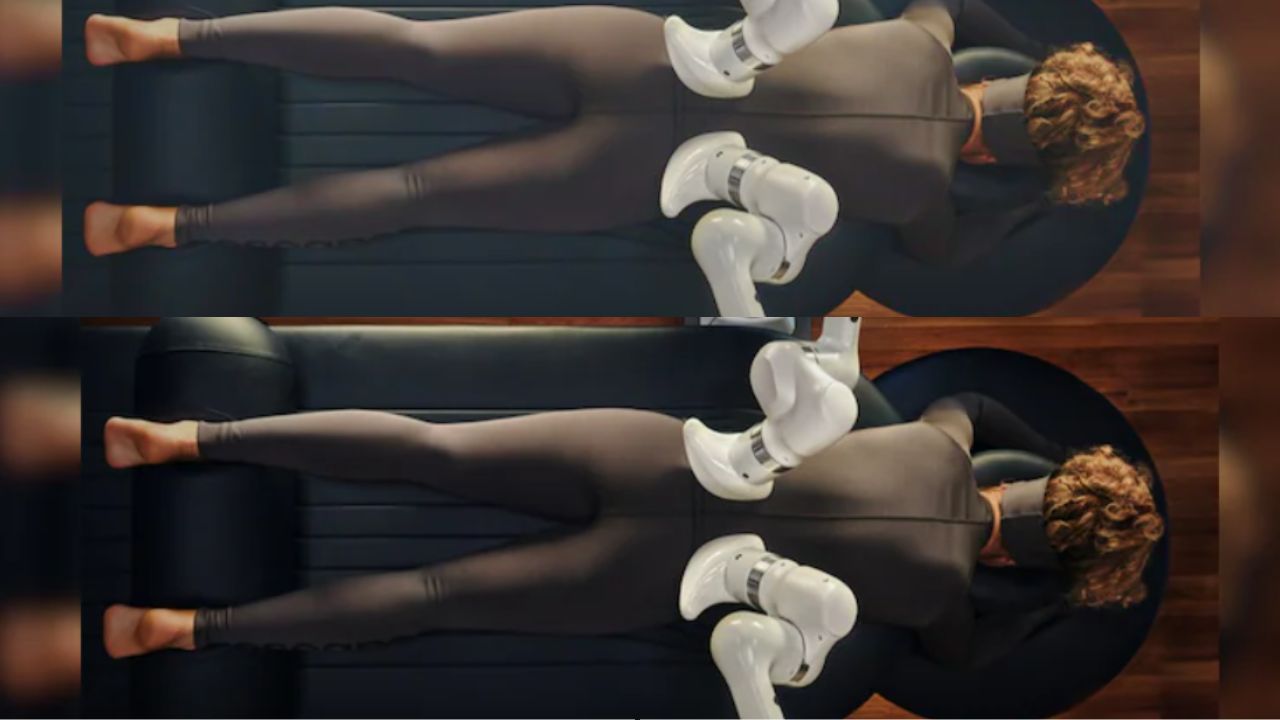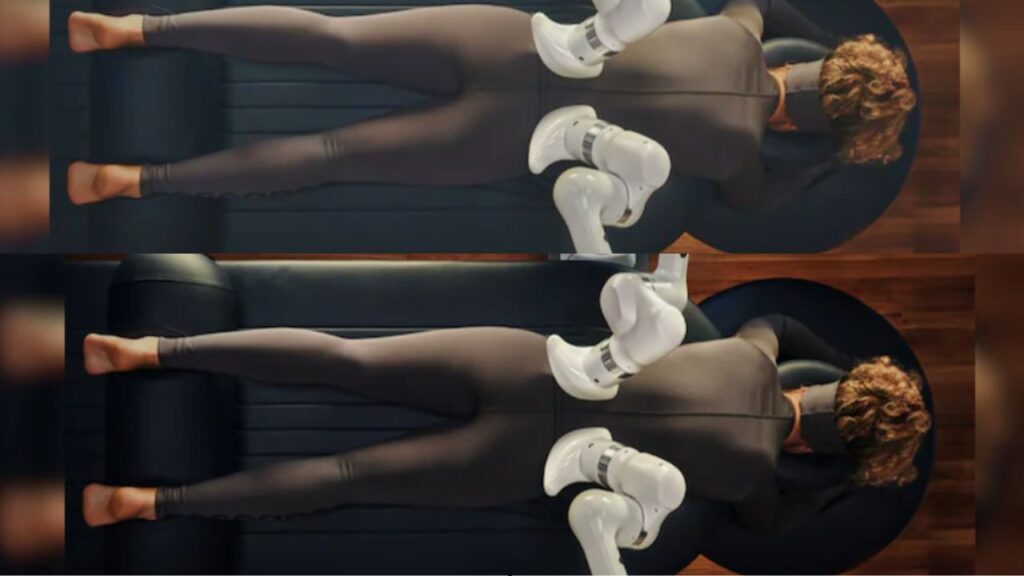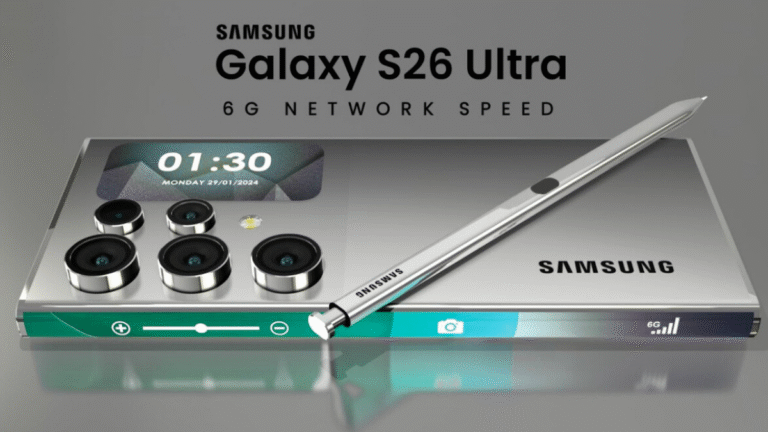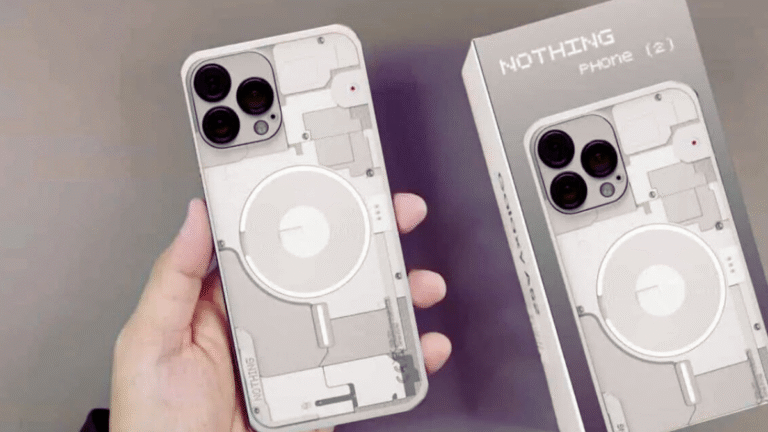
World’s First AI-Powered Robotic Massage Sparks Uproar: Are Human Therapists Becoming Obsolete?
In a revolutionary leap that merges wellness with cutting-edge technology, the world has just witnessed the launch of the first-ever AI-powered robotic massage experience — and it’s sending shockwaves through the global therapy industry. While the invention promises personalized, consistent, and tireless massage treatments, it has also sparked a major debate: Will AI soon replace human massage therapists?
Developed by a team of engineers, physiotherapists, and AI specialists, this groundbreaking machine is being touted as the future of physical relaxation and recovery. But the rapid rise of robotic therapy could come at a cost — thousands of livelihoods.
How It Works: Precision, Intelligence, and Zero Fatigue
This AI robotic masseuse is not your average vibrating chair. It’s equipped with:
- 3D body scanning sensors to map muscle tension
- Adaptive pressure control to adjust intensity in real-time
- Customizable massage modes based on user needs (sports recovery, stress relief, deep tissue, etc.)
- Voice interaction and biometric feedback loops to modify sessions live
Backed by machine learning algorithms, the system improves with every session, learning the unique needs and preferences of its users. It also works 24/7 without fatigue, complaints, or the need for breaks, making it a tempting choice for wellness centres, gyms, airports, and luxury hotels.
The Industry Response: Innovation or Invasion?
While tech enthusiasts are hailing it as a landmark achievement in AI and wellness automation, many licensed massage therapists and physiotherapists are sounding the alarm.
Therapists argue that massage is not merely about pressure and motion — it’s about human touch, intuition, empathy, and the ability to respond to non-verbal cues and emotions — areas where even the most sophisticated AI still struggles.
A professional therapist from New York remarked:
“People come to us not just for muscle relief, but for connection. No robot can replicate the healing power of human touch.”
But business owners see a different side:
“It’s efficient, cost-effective, and scalable. For a spa that handles hundreds of clients daily, this technology could revolutionize operations,” said the manager of a high-end wellness resort in Singapore that’s testing the prototype.
Job Threat Is Real: Automation at the Doorstep
According to recent industry projections, if robotic massage systems gain mainstream adoption over the next 5–10 years, up to 40% of spa and massage therapy jobs could be at risk, especially in urban areas where cost-cutting and volume handling are major priorities.
This mirrors trends seen in other sectors — from robotic baristas and chefs to AI-driven legal assistants and customer service bots — where human roles are increasingly being automated to cut costs and improve consistency.

Can Robots Truly Replace Therapists?
Here’s a look at what robots can — and can’t — do compared to human therapists:
| Feature | Human Therapist | AI Massage Robot |
|---|---|---|
| Emotional intelligence | ✅ High | ❌ Minimal |
| Custom response to verbal cues | ✅ Intuitive | ⚠️ Limited to pre-programmed responses |
| Consistency over time | ⚠️ Varies | ✅ Perfectly consistent |
| Availability | ❌ Limited hours | ✅ 24/7 Operation |
| Adaptability to new injuries | ✅ Context-aware | ⚠️ Requires reprogramming |
While robots shine in consistency, efficiency, and endurance, humans still hold the edge in compassion, trust, and adaptability — qualities often essential in long-term healing and rehabilitation.
The Road Ahead: Collaboration or Competition?
Experts suggest the future may lie not in replacement, but in collaboration. AI systems could assist therapists in diagnostics, monitor muscle recovery patterns, or handle basic treatments — while humans focus on specialized, holistic care.
Governments and regulatory bodies are also expected to intervene soon, creating standards for robotic wellness care, licensing norms, and retraining programs for therapists to work alongside machines.
A Massage Revolution with Mixed Emotions
The arrival of AI-powered robotic massage tech is a glimpse into a future where machines redefine comfort and convenience. But in doing so, they also raise deep questions about human relevance, job security, and the true meaning of healing.
Will we embrace the metallic hands of the future or continue to seek the warmth of human touch?
Only time — and tension — will tell.
Welcome to the age of intelligent massage. Are we ready to be rubbed the robot way?






